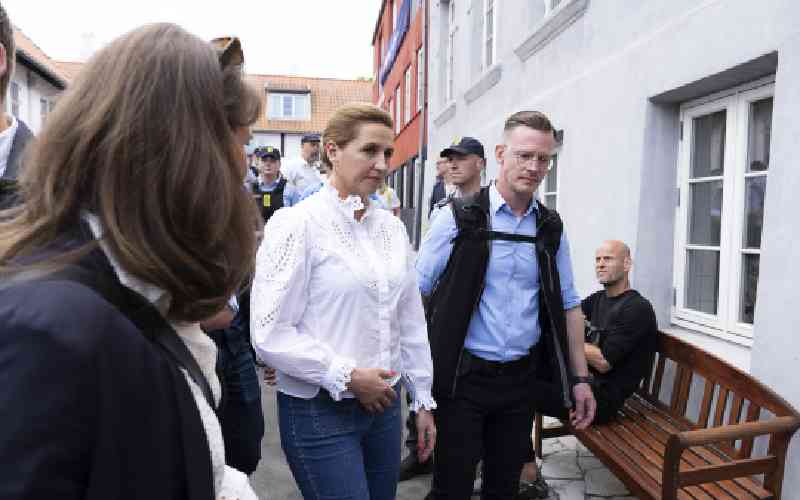×
The Standard e-Paper
Smart Minds Choose Us

A Polish man accused of punching Denmark's Prime Minister Mette Frederiksen told a Copenhagen court on Tuesday he doesn't recall hitting her because he was under the influence of alcohol.
The suspect, whom Danish authorities have ruled cannot be named in the media, risks prison time and deportation if convicted, with a verdict expected when the trial wraps up on Wednesday.







